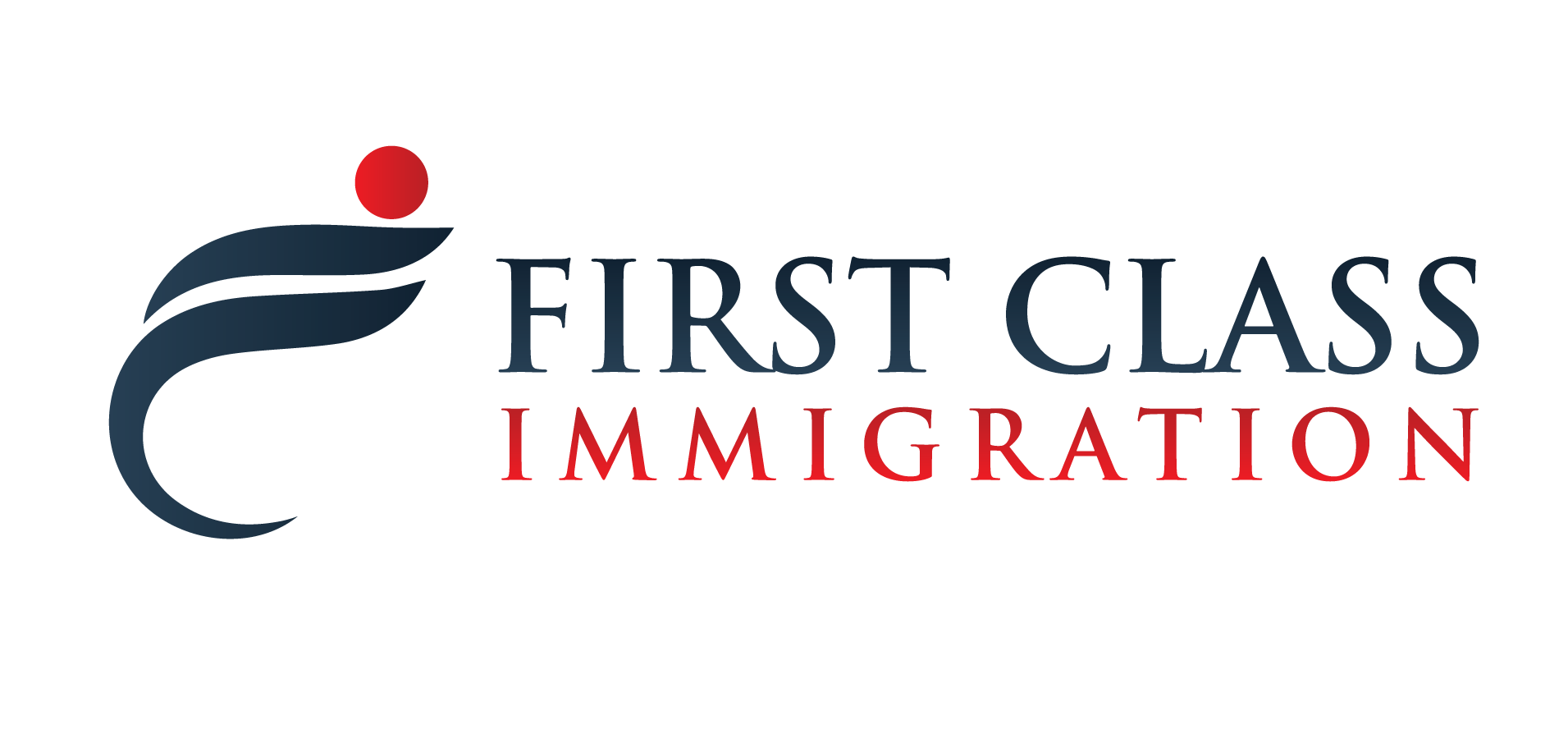Common Pitfalls of filing an I-601 for the Vaccine Requirements
Filing for an I-601 waiver for a waiver of religious reasons can be a complex and challenging process, and there are several potential pitfalls that applicants should be aware of. Here are some of the most common pitfalls:
Lack of evidence: To qualify for a religious exemption to the COVID-19 vaccine requirement, you will need to provide evidence that your objection is based on sincere religious beliefs. This can be difficult to do if you don't have a strong record of religious practice or if your objection is based on personal preferences rather than religious beliefs.
Inconsistencies: Your application for a religious exemption must be consistent and clear. Any inconsistencies in your application or in your statements could raise doubts about the sincerity of your religious beliefs and undermine your case.
Burden of proof: The burden of proof in a religious exemption case rests with the applicant. This means that you will need to provide convincing evidence that your objection is based on sincere religious beliefs, and that the requirement to receive the vaccine would substantially burden your exercise of those beliefs.
Timing: It is important to file your application for a religious exemption in a timely manner. If you wait too long, your application may be denied, or you may be required to provide additional evidence to support your claim.
Denial: It is possible that your application for a religious exemption may be denied. If this happens, you may need to seek legal advice and appeal the decision.
Overall, filing for a religious exemption to the COVID-19 vaccine requirement can be a challenging process, and it is important to be prepared and to seek legal advice if necessary.
